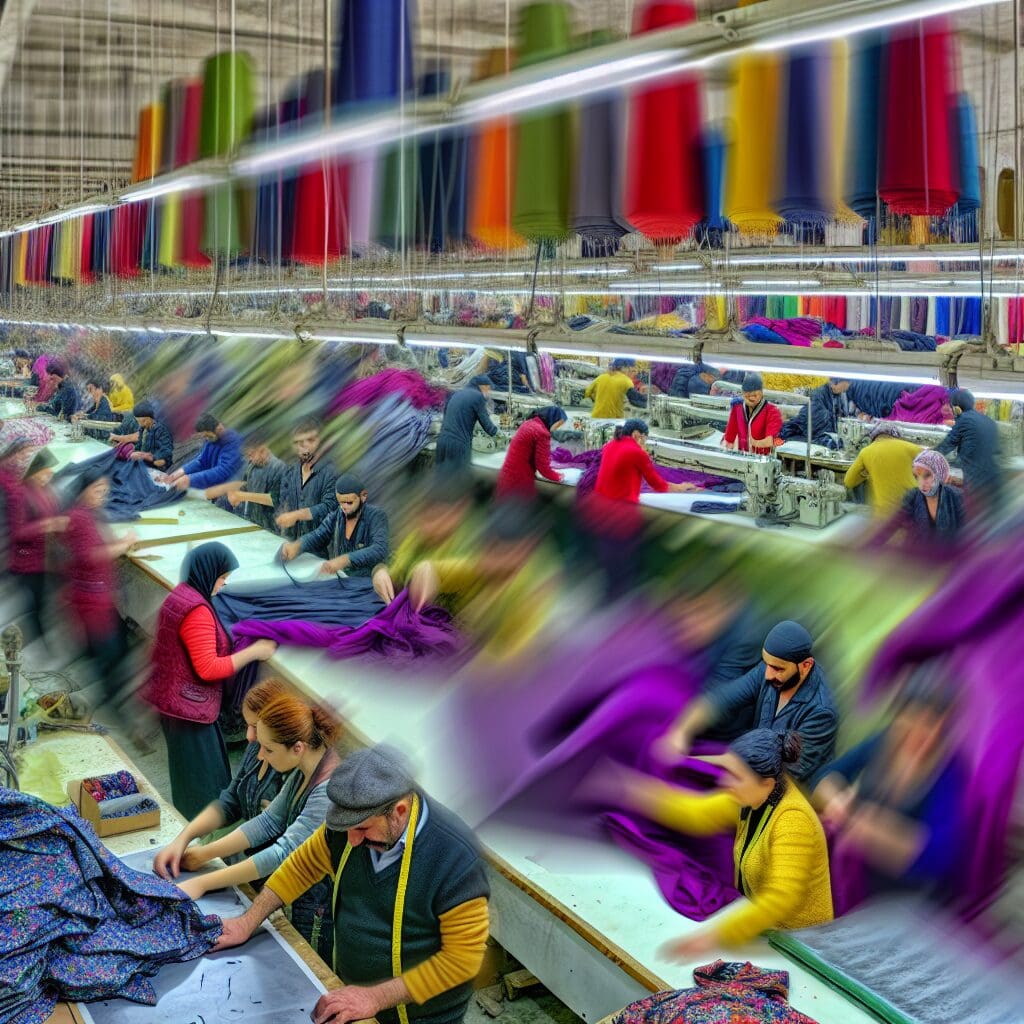##
Inside Turkey’s Powerful Fashion Factories
Turkey has emerged as a leading destination for brands seeking to diversify their supply chains, especially as they move away from dependence on China. One of the notable players in this space is Kipas Textiles, which supplies major retailers like Asos. This manufacturer leverages vertical integration and speed-to-market capabilities that position it favorably within the competitive landscape.
The Turkish textile industry boasts a rich heritage, stretching back thousands of years, and it has capitalized on this history to become a vital part of the global market. As of 2022, Turkey’s textile exports surpassed $15 billion, with companies like Kipas producing a staggering 330 tonnes of yarn per day and 80 million metres of fabric annually.
Kipas exemplifies how vertical integration can enhance operational efficiency. The company has moved beyond yarn production to include weaving, dyeing, and even textile recycling. This breadth of capability allows it to respond more swiftly to market demands compared to its Asian counterparts. For instance, where the lead time from Asia might extend up to 170 days, Kipas can deliver products to European markets in less than 50 days.
Moreover, Turkish manufacturers are attractive because of their commitment to sustainability and ethical practices. With concerns over forced labor in other regions, many brands such as Asos are increasingly sourcing cotton from Turkey, known for its agricultural practices that prioritize traceability and transparency.
Cost is often cited as a disadvantage for Turkish suppliers. With a minimum wage around $500, their pricing tends to be higher than that of competitors in lower-cost regions like China. However, the benefits of reduced shipping times and tariffs have, in many instances, balanced these cost factors.
In an age where sustainability is paramount, Turkey’s embrace of renewable energy sources further enhances its appeal. Numerous suppliers are investing in onsite renewable energy, a step that aligns with global climate goals and addresses consumer demand for eco-friendly products.
As the fashion industry continues to adapt to evolving supply chain challenges, Turkey’s powerful manufacturing sector is poised for growth, providing a compelling blend of heritage, innovation, and socio-economic responsibility that is increasingly vital for global brands.












